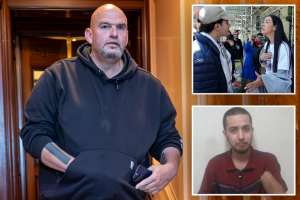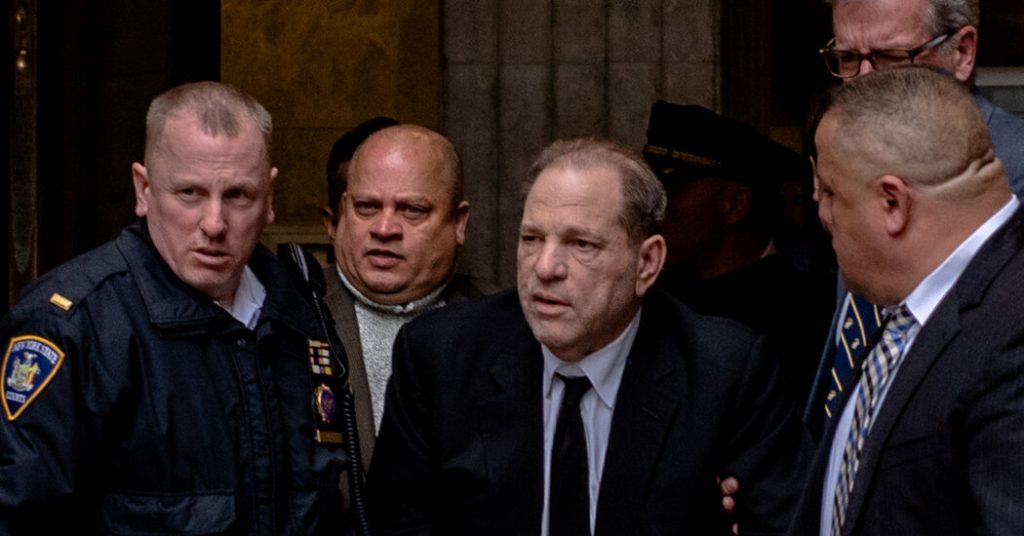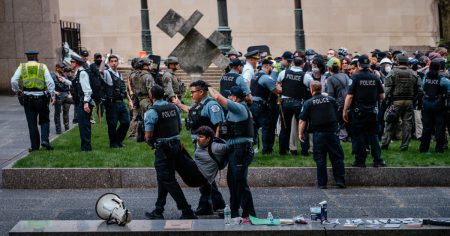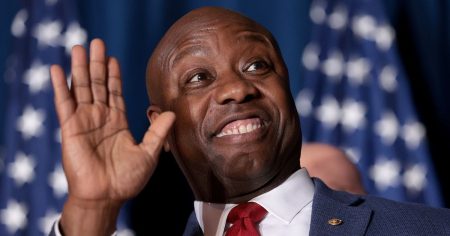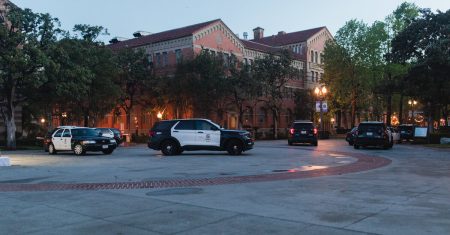In a 4-to-3 decision on Thursday, New York’s highest court overturned Harvey Weinstein’s 2020 conviction on felony sex crime charges. This decision, which was a major blow to many women who spoke out against Weinstein and fueled the #MeToo movement, was based on the argument that critical errors were made during the trial. The trial judge was criticized for allowing witnesses to testify about criminal acts that Weinstein had not been charged with, which was seen as diminishing his character unfairly. Legal analysts had questioned the prosecution’s strategies and whether they had taken too big a risk in their pursuit to secure a conviction.
The court pointed out “egregious errors” in the trial that compromised its fairness, particularly relating to the use of Molineux witnesses, who testified about alleged crimes that had not led to charges against Weinstein. Additionally, the prosecution threatened to cross-examine Weinstein about numerous other allegations if he took the stand, further undermining his right to testify in his defense. The majority opinion concluded that these errors warranted a new trial to ensure Weinstein’s constitutional right to a fair trial was upheld.
However, three dissenting judges strongly opposed the majority’s decision, accusing them of overturning guilty verdicts in cases involving sexual violence and dismissing evidence that suggested a pattern of coercion and manipulation on Weinstein’s part. The dissenting judges argued that the use of additional witnesses was crucial in establishing this pattern and challenging stereotypes around sexual assault. The case exposed tensions among the court, with the judges engaging in a public debate over the decision and its implications for future sexual assault cases.
Following the overturning of Weinstein’s conviction, victims and activists expressed devastation but determination to continue seeking justice. Many survivors, including those who testified against Weinstein, emphasized the importance of standing up against abusers and continuing to push for accountability. Calls were made for a retrial by the Manhattan district attorney, who has indicated willingness to pursue the case. Activists such as Tarana Burke highlighted the ongoing struggle to ensure the court system takes sexual assault cases seriously and expressed solidarity with survivors in their quest for justice.
While the New York conviction was overturned, Weinstein’s conviction in California still stands. He is serving a 16-year sentence in California for charges related to rape and other offenses, which will now be subject to an appeal following the recent ruling in New York. Weinstein, who remains in custody, may be transferred to California or to Rikers Island in New York as he awaits further legal proceedings. His lawyer in California expects the New York ruling to support their appeal and challenge the validity of the California conviction, particularly regarding the use of witnesses and evidence not directly related to the charges.
Overall, the decision to overturn Weinstein’s conviction in New York has sparked debate and controversy, with legal experts, judges, and activists expressing varying opinions on its implications. While the majority argued that errors in the trial compromised the fairness and integrity of the process, dissenting judges raised concerns about the impact on future sexual assault cases and the message sent to perpetrators. The case has further highlighted the challenges and complexities surrounding prosecuting cases of sexual violence, as well as the resilience and determination of survivors and advocates in seeking justice.


